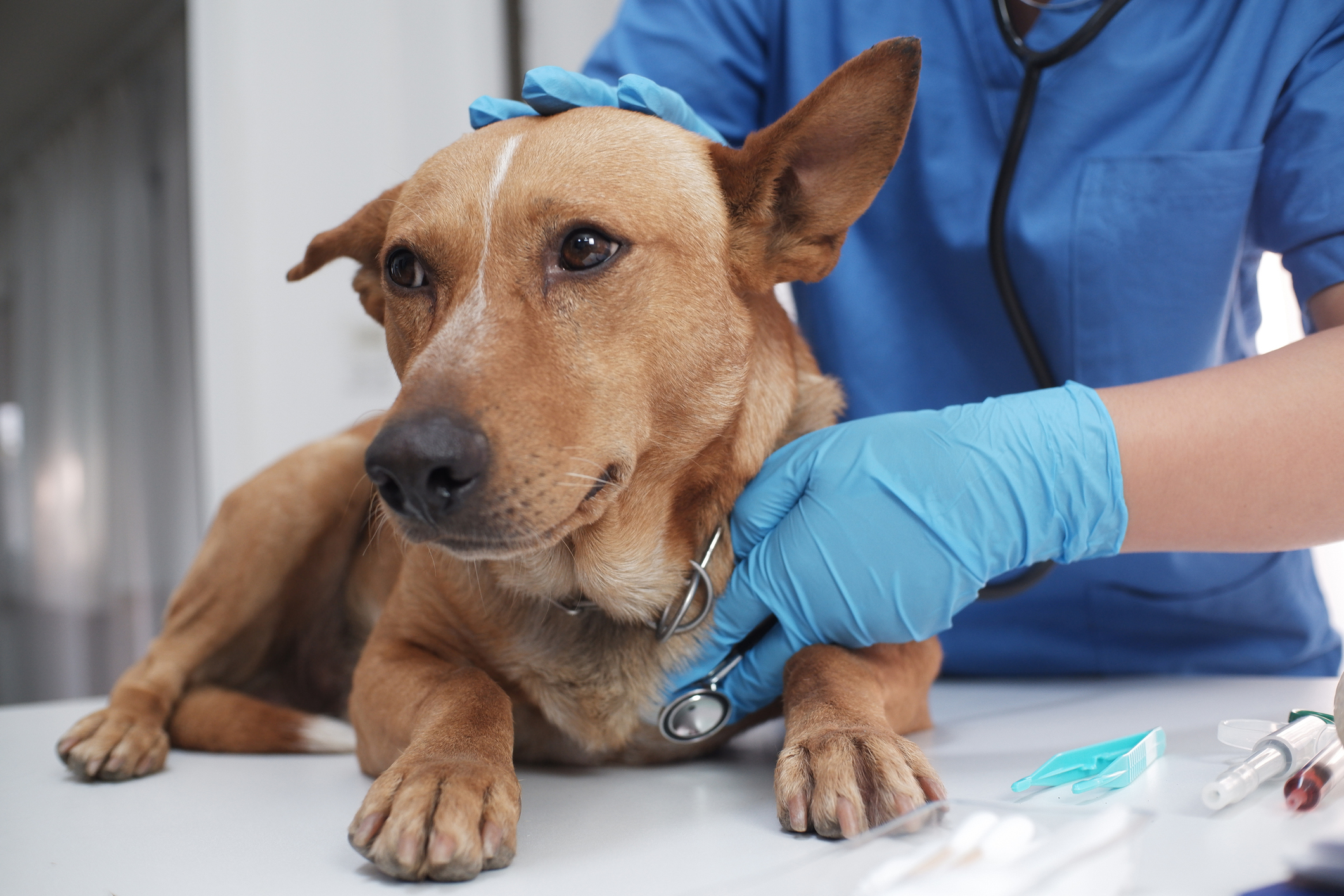
So, what is Antibiotic Resistance?
Antibiotic resistance occurs when bacteria evolve and become resistant to the effects of medications designed to kill them or inhibit their growth. This means that the antibiotics that once effectively dealt with these bacteria is no longer effective. In our pets, this can lead to prolonged illnesses, increased medical costs, and further health risks.
The Role of Antibiotics in Veterinary Care
Antibiotics are crucial for treating bacterial infections in pets, just as they are in humans. Conditions such as skin infections, urinary tract infections, and respiratory infections often require antibiotic treatment. However, inappropriate use of these medications—such as using them when they aren’t needed or not completing prescribed courses—can contribute significantly to the development of antibiotic resistance.
How Do Superbugs Develop?
Superbugs refer to bacteria that have developed resistance to multiple antibiotics. Over time, the misuse and overuse of antibiotics create an environment where only the strongest bacteria survive. For example, if a pet is prescribed antibiotics for a skin infection but the owner doesn’t follow the vet’s instructions properly, it can allow resistant strains to thrive, leading to a superbug.
Preventing Antibiotic Resistance
The good news is that there are several steps you can take to help prevent antibiotic resistance in your pets:
Use Antibiotics Wisely: Only use antibiotics prescribed by your veterinarian. If your pet is prescribed antibiotics, complete the full course even if they seem better. And it’s often a good idea to return to the vet for a follow up consultation after the medication is finished.
Practice Good Hygiene: Regularly clean your pet’s living areas, toys, and bedding to minimise bacterial infections. If you’re vet has recommended using medicated pet shampoos at bath times, following this advice to keep bacterial populations under control.
Vaccinate Your Pets: Vaccinations help prevent infections, reducing the need for antibiotics.
Consult Your Vet: If your pet shows signs of illness, consult with your veterinarian to determine the appropriate course of action. They can recommend whether antibiotics are necessary or if other treatments might be more suitable.
Avoid Over-the-Counter Antibiotics: Never give your pet antibiotics that weren’t specifically prescribed for them, as this can lead to improper treatment and resistance.
The Bottom Line
Antibiotic resistance is a growing concern in veterinary medicine, and understanding its implications can help you become a more informed pet owner. By following your veterinarian’s advice, practicing good hygiene, and being proactive about your pet’s health, you can help reduce the risk of superbugs affecting your furry friends.
Together, we can work towards a healthier future for our pets, free from the threat of antibiotic resistance. If you have any questions or concerns about your pet’s health, don’t hesitate to reach out to your veterinarian. We are here to help!